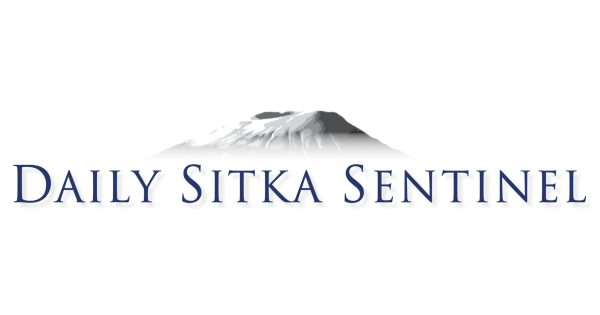Part of protecting our future and that of our children is to reduce consumerism, to recycle and reuse the earth’s resources, and to live within ecological limits. With that in mind, Wales has passed a law entitled “Wellbeing of Future Generations Act.” In 2020, the Welsh initiated “libraries of things” in community settings, shipping containers, housing associations, grassroot groups, and libraries. In 28 Welsh towns to date, these libraries may stock tools, garden and camping equipment, cleaning devices, household appliances, party supplies, and anything that people need only occasionally (e.g., for visiting guests). The idea is to help people save money, space, and resources by borrowing what they need rather than buying it. Borrowing can also facilitate recycling. For example, borrowing a sewing machine may enable mending and patching clothes that otherwise might be discarded.
The initial Transition Town, Totnes in England, has a nonprofit Network of Wellbeing that initiated a library of things in a mobile van to support a more collaborative and sustainable lifestyle and to reduce clutter. It has 350 items at low “rental” cost for 7 days use by members and inspires people to consider social change. The Network has published “Setting Up and Sustaining a Library of Things” and offers free consultation. It has community ShareFest gatherings to share skills, repair broken items, and create new things.
Our own Sitka Public Library has a new Library of Things. It includes food preparation devices like a Cake Pop Maker and Cuisinart Ice Cream Maker; electronic equipment like CD and DVCD players and USB external disc drive; tools like a DeWalt cordless drill, bit set, and stud finder; and energy efficiency devices such as thermal leak detectors and Kill-a-Watt electricity usage monitors. The library also has chess and checker board games, a ghost hunter kit, movies, and access to shared books from other Alaska libraries. Unfortunately, frozen federal monies from the Institute of Museum and Library Services may have eliminated access to some previously available shared resources from outside of Alaska.
Our Sitka Public Library supplements other sharing resources in Sitka. SAIL (Southeast Alaska for Independent Living) lends medical equipment such as walkers, crutches, wheel chairs, knee scooters, commodes, shower chairs, and assistive devices for use by Sitka residents with short-term disabilities. The White Elephant sells donated clothing, household furnishings, and toys, distributing its earnings to Sitka nonprofits in a virtuous circle. The Salvation Army also assists us to recycle for reuse items that we no longer use. Options to de-clutter that allow others to find items they want are on-line (e.g., Sitka For Sale and Facebook Marketplace) and in consignment stores (Tongass Threads, Sweet Peas). Sitka could benefit by sharing construction materials from renovation and bartered skills and goods in a circular economy. Reuse helps reduce our carbon footprint arising from resource extraction, materials production, manufacturing, shipping products to Sitka, and waste disposal.
––––––––––––––––––
Kay Kreiss, Transition Sitka
